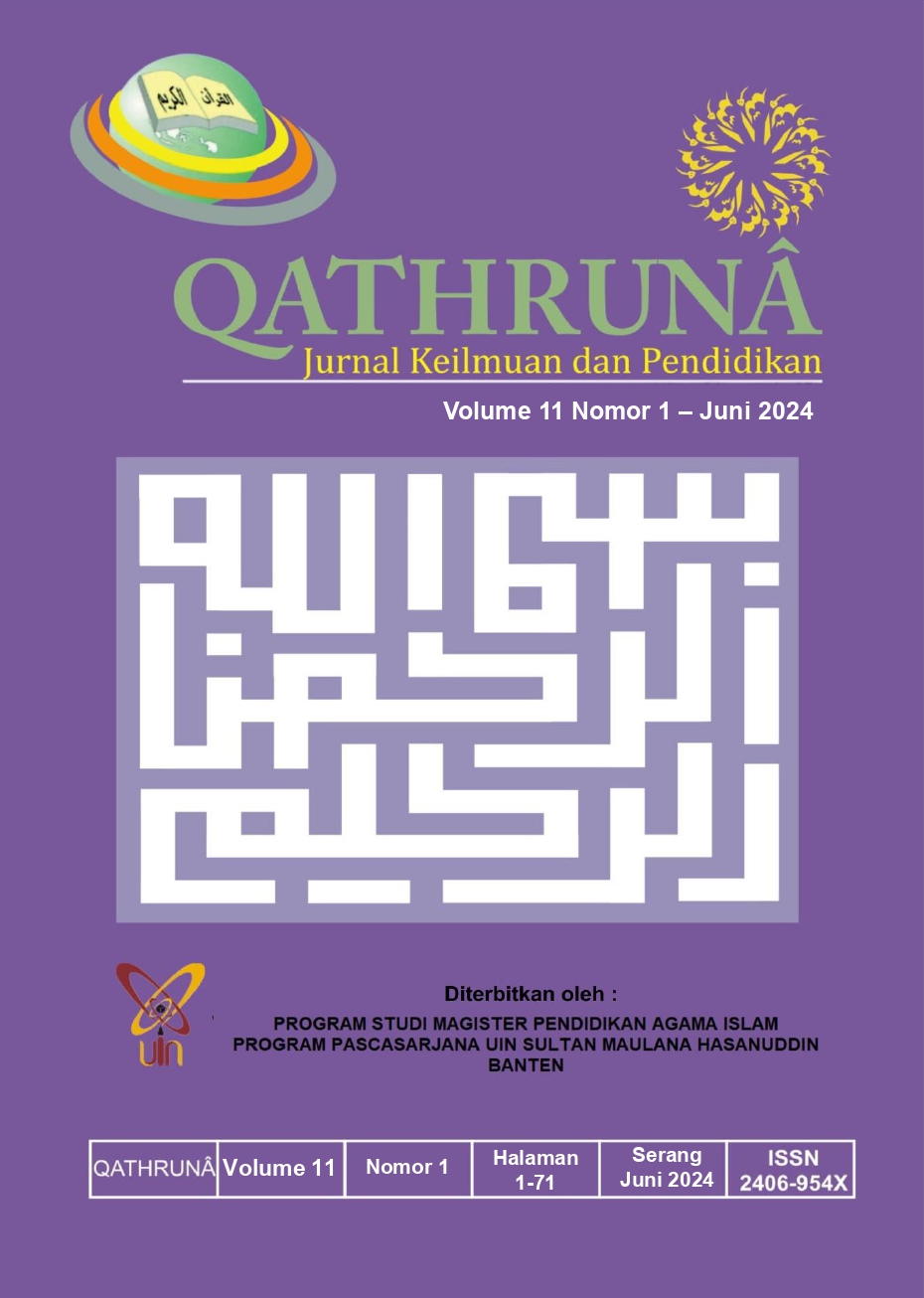PENDIDIKAN KEBERSIHAN DALAM PERSPEKTIF HADITS
Keywords:
Pendidikan Kebersihan, Hadis kebersihanAbstract
Abstract. The main objective of this study is to review and analyze the traditions related to hygiene instructions. The research methodology employed in this study involves the use of a qualitative approach, specifically focusing on literature review. The objective was to analyze and understand the traditions related to hygiene instructions through content analysis of the traditions. The study includes the results and subsequent analysis of the investigation conducted. 1) The concepts of education and hygiene can be defined as follows: Education refers to the process of acquiring knowledge, skills, values, and attitudes through various formal and informal means, while hygiene pertains to practices and behaviors aimed at maintaining cleanliness and promoting health. 2) When examining hygiene education from the perspective of hadith, which are the words and actions of the Prophet Muhammad (pbuh), it is clear that cleanliness and hygiene have great importance. The hadith literature contains many teachings that emphasize the importance of cleanliness, both in terms of physical hygiene and spiritual purity. These teachings serve as a guide for individuals who wish to maintain cleanliness. 3) Hadiths related to cleanliness. In this study, it can be concluded that maintaining cleanliness requires awareness in each individual, both inner, spiritual and environmental cleanliness. This research aims to provide
Keywords: Education, Cleanliness, Hadiths of Cleanliness
Downloads
References
An-Nawawi, (1981). Shahih Muslim Bisyrh al-Nawawi, vol. 3, Beirut: Darl al-Fikr
Basith Muhammad Sayyid, Abdul. (2006). Rasulullah Sang Dokter, Solo: Tiga Serangkai
Damsar. (2011). Pengantar Sosiologi Pendidikan, Jakarta: Kencana
Erwan, Ahmad. (2008). “Higeinitas Perspektif Hadis,” (Skripsi S1 Fakultas Ushuluddin: UIN
Laila. (2012). Arti Kebersihan Lingkungan. Jakarta: Rineka Cipta.
N, Siagian. (2011). Partisipasi Masyarakat dalam Kegiatan Kebersihan Lingkungan. Jakarta: Bumi Aksara
Oemar, Hamalik. (2001). Proses Belajar Mengajar. Jakarta: Bumi Aksara
Syarif Hidayatullah
W, Darmalaksana. (2020). Cara Menulis Proposal Penelitian. Bandung: Fakultas Ushuluddin UIN Sunan Gunung Djati Bandung.
Wulan. (2014). Konsep Dasar Kebersihan Lingkungan. Bandung: Remaja Rodaskarya.
Downloads
Published
Issue
Section
License
Copyright (c) 2024 Muinudin, Agung Jaenudin

This work is licensed under a Creative Commons Attribution 4.0 International License.







